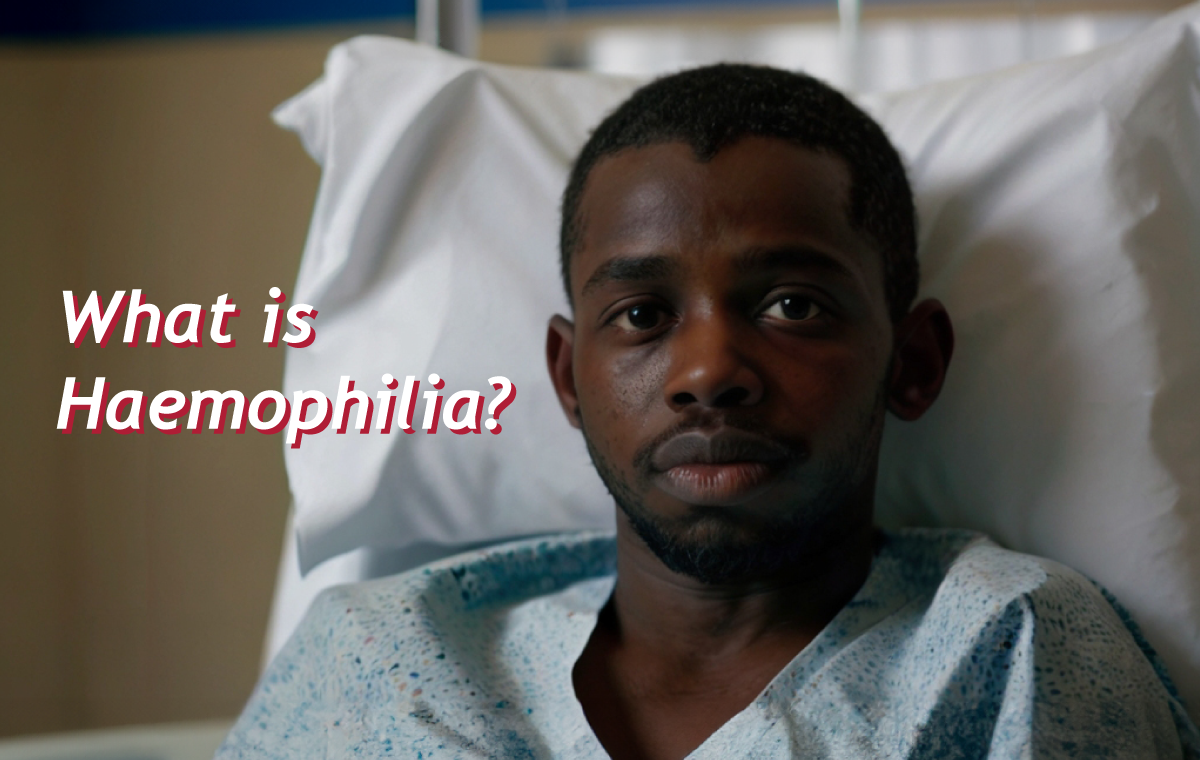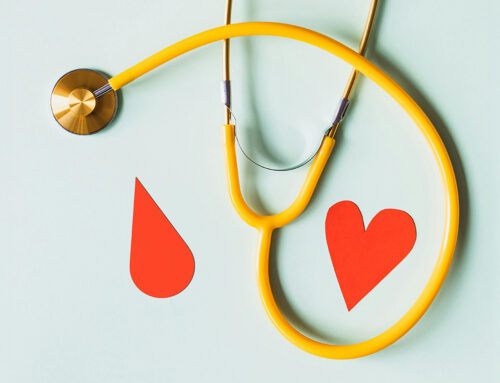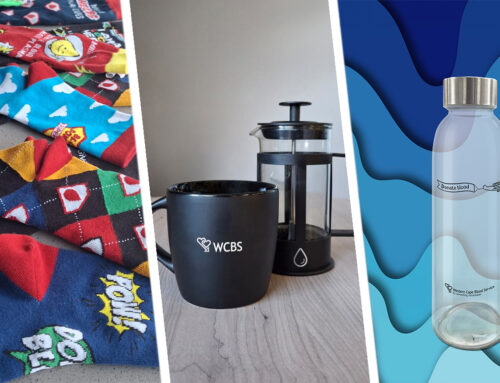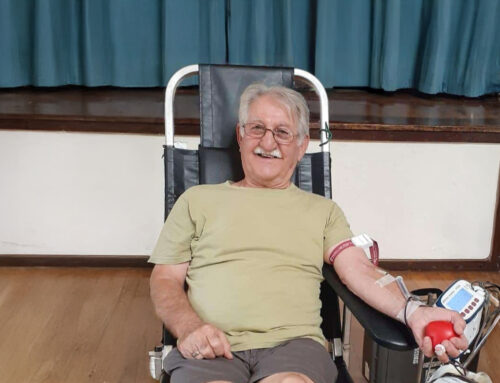What is haemophilia? Haemophilia is a rare disorder that results in your blood not being able to clot properly. It is caused due to the body not producing specific clotting factors needed to stop bleeding (Factor VIII for people with haemophilia A and Factor IX for people haemophilia B). The lack of these clotting factors in the blood means that people with haemophilia tend to bruise easily, bleed internally into their joints or muscles causing chronic pain and stiffness, or can have life-threatening bleeding if they are injured.
What are some of the treatments? One of the ways in which haemophilia is managed is by injecting the clotting factor that the person lacks (either Factor VIII or Factor IX) into their bodies so that they can clot normally. The clotting factor concentrates in South Africa are produced from source plasma donations from the Western Cape Blood Service and the South African National Blood Service. The plasma is sent to the National Bioproducts Institute in Durban. These donations are pooled together and the Factor VIII and IX proteins are extracted through a process called fractionation. Recombinant clotting factors (made in a laboratory and not derived from blood) can also be produced by pharmaceutical companies.
Haemophilia patients can also require normal blood product transfusions if they have been injured or involved in an accident and need urgent replacement of blood.
If you are interested in donating source plasma, please visit one of our permanent blood donation centres situated at 9 Long Street, Blue Route Mall, Kenilworth Centre, N1 City or Gapegate Shopping Centre or contact our Call Centre on 0800 625 663 (toll-free). For more information about source plasma donation click here.





